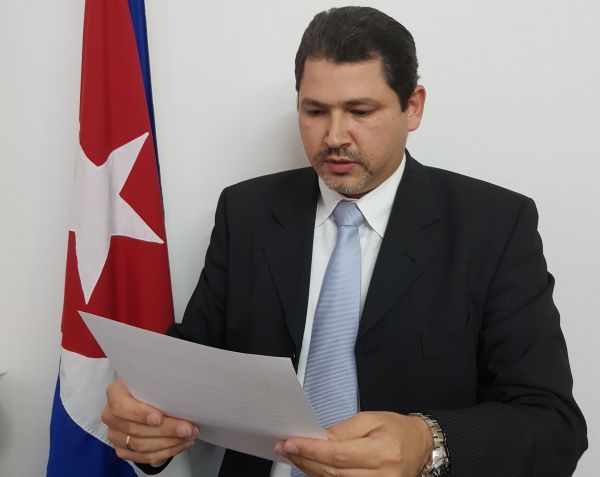
Cuba warned about the challenges humanity faces for the realization of human rights, such as the prevailing international order and unilateral coercive measures.
Speaking at the debates of the 46th session of the Human Rights Council, Juan Antonio Quintanilla, Cuba’s permanent representative at the United Nations, pointed out that the COVID-19 pandemic has aggravated the scenario by unleashing an unprecedented economic and social crisis, with which inequalities, hunger and discrimination grow exponentially.
‘We live in a world already mired in an unjust and undemocratic international order, imposed by the powerful for their benefit, which affects especially the most vulnerable and turns their most elementary rights into unattainable fantasies,’ the official noted at a forum dedicated to the promotion and protection of human rights.
According to Quintanilla, in Cuba’s case, the existence of a free, quality and universal health system allows fighting the pandemic with positive results, despite the impact of the economic, commercial and financial blockade imposed by the United States.
Among Cuba’s achievements, he highlighted the development of five vaccine candidates against COVID-19, and recalled the government’s goal of immunizing the entire population this year.
On behalf of Cuba, the ambassador reiterated the call to privilege dialogue and cooperation, to overcome confrontations and to bet on the development approach, in order to prevent the human rights system from continuing to sink into a crisis of legitimacy and credibility.
 Escambray ENGLISH EDITION
Escambray ENGLISH EDITION





Escambray reserves the right to publish comments.